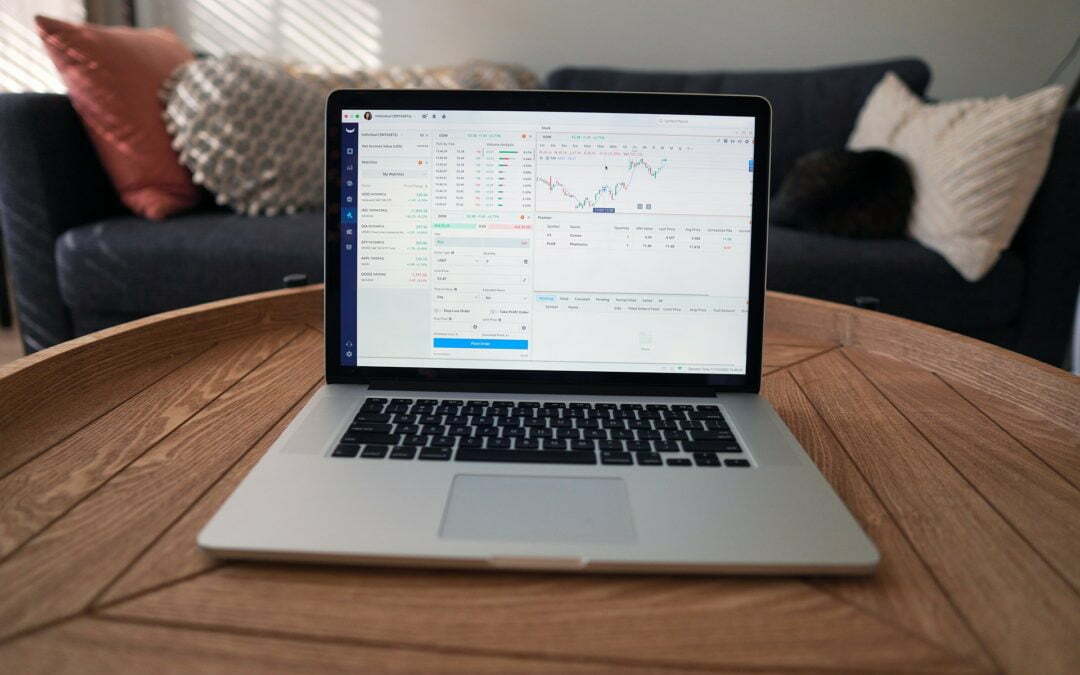Info 1: Day trading definition
Info 2: how day trading works
Info 3: day trading vs day time
Info 4: example of day trading
Opening information:
Day trading sentence breaks into two words day and trading, day means 24 hours occupied time,
trading means buying and selling activities.
Day trading means reports of buying and selling of a security within 24 hours, so now let’s have a look at what is day trading, how day trading works in the public market, and what the difference between day trading and daytime, finally one brief example about day trading.
Info 1: Day trading definition
Mr.Huthup is a stock Investor who is not interested in long term trade, but is more interested in the short term and more often than quick profits.
He doesn’t only trade the security of equity alone, which means Huthup is also more interested in the other kinds of Securities trade such as Currencies of the forex market, commodities, options, and future extra…
His main priority was to trade any kind of Securities but he didn’t hold the purchased securities for more than one trading secession closed time.
His short-term trading brings a quick buck of profits and where he also faces loss at the same level, whenever he fails to follow the rules. Mostly he reports the loss on tax by offsetting the profits tax in the future.
Here the activities of Mr.huthup purchasing and selling any kind of Securities on the same day would be considered day trading. So now let’s dive into how the
Day trading works in the public market among all investors and Corporations.
Info 2: how day trading works
Day trading doesn’t represent any specific physical object, instead, it’s a concept that demonstrates the activities of buying and selling any kind of securities.
Therefore any of the securities that are bought and sold daily within 24 hours by any person, then such thing is what is called day trading.
These activities are applied to any account or trading, and activities are performed by one person for quick profits within a very short amount of time.
If any of the persons trade the stock of equity shares by purchasing and selling without holding such stock within the next 24 hours, then that person’s activities of trade present the day trading.
And the people who are involved in activities of bought and sold the commodities such as gold, silver, diamonds, oil or crops extra… Within 24 hours, then such people’s works are categorized as day trading.
Moreover, the person establishes the activities in any of the trading accounts by purchasing and closing the position of trade in the forex currency market day by day, then such things what called day trading.
When the derivatives in the Option and Futures market take place among the traders, the derivatives contracts that closed within one day are separated as day trading in the public market.
On the other hand, debt instruments such as Corporate bonds, convertible bonds, high-yield debts extra… Which are exchanged among the peoples within one day, then such exchange is categorized as day trading.
Then anything whatever the market securities we take, which take place by trading activities within finished of one whole day, is characterized as day trading.
Most people confuse day trading and daytime, so let’s jump into the key difference in it anyway.
Info 3: day trading vs day time
The difference between day trading and daytime is, that day trading is the one which elaborates the trading activities of one stock by one Investor before the next day placed after 12 Am
On the other side, daytime refers to the 24 hours for any Investor, in the public market, the day is not calculated how long such a position is holding to determine the daytime, despite the are computed based on market times.
To make you more clear about the day trading let’s see into one brief example below.
Info 4: example of day trading
Say that you had bought Stock E after the market opening of 4 hours the next day would be tomorrow the said time, but your next day wouldn’t start after the 4 hours instead on the next market opening time.
Here the selling of stock E within the next day of market hours is not day trading, when such stock F holding time is not across the market closing time, which is known to be day trading.

